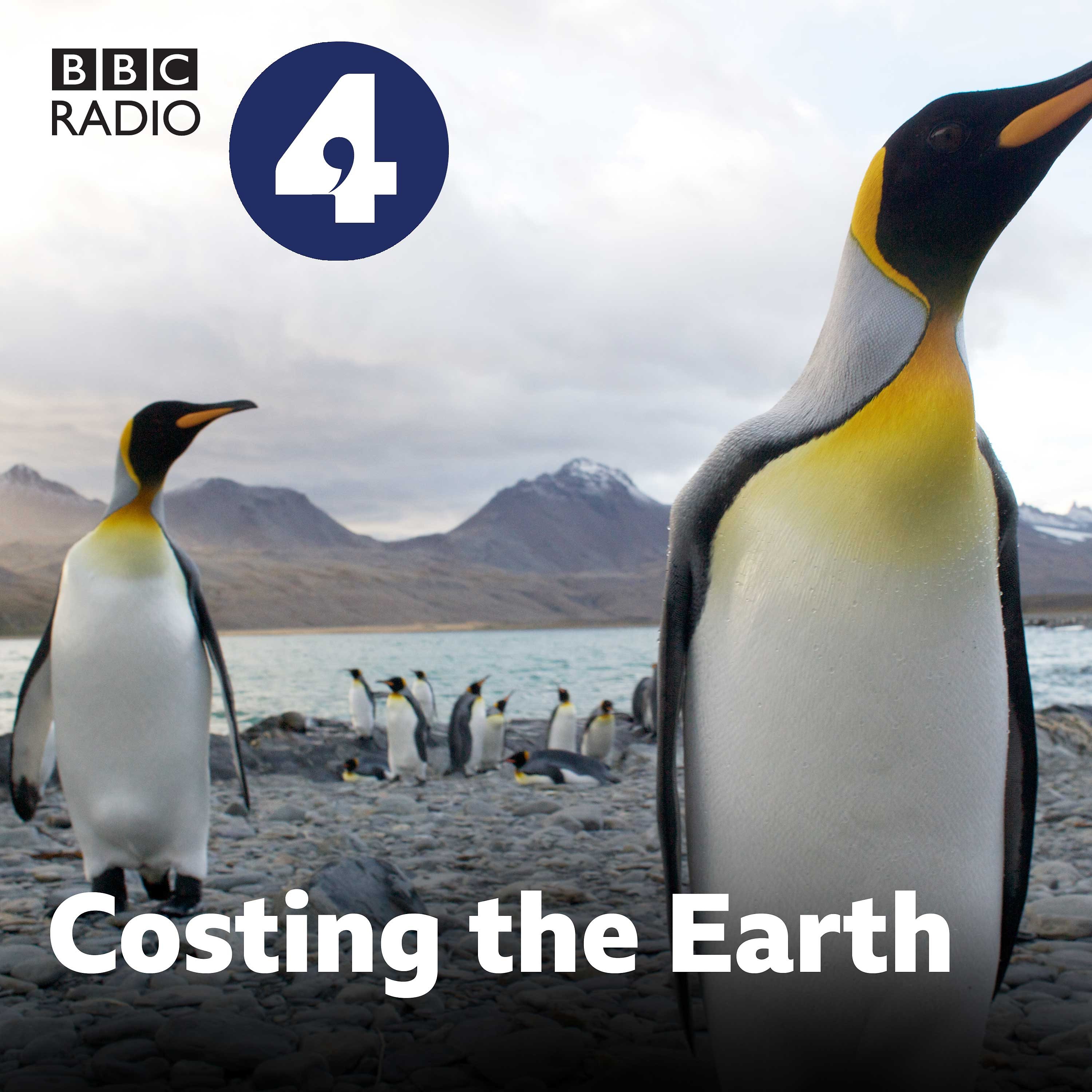Plastic Pollution
What's happening in the Gulf of Mexico is quite literally a drop in the ocean compared to the growing plastic pollution further out in the Pacific and now found closer to home in the North Atlantic. Thirteen years after the world woke up to the threat from plastic polluting our seas and CTE's award-winning expose of the potential threat to our food, we reveal how far from winning the war on plastic pollution it's actually getting worse.
Along British beaches UFO's - unidentified floating objects are appearing in larger quantities than ever before. The Marine Conservation Society recently reported that the amount of plastic on our beaches has more than doubled in the last 15 years and more and more of it ends up inside or wrapped around our wildlife. Nobody knows what these oddly shaped bits of plastic are or where they have come from but there are increasingly urgent attempts to find out how much of it might be out there and what we can do to stop it.
The Pacific Gyre, a vortex of floating plastic already twice the size of France, is well documented but Gyres in the North and South Atlantic, The Indian Ocean and a further Pacific patch whilst long suspected have only just been discovered. Anna Cumming of the 5 Gyres Project discovered the North Atlantic Gyre in February and the Project is about to sail for the Southern Atlantic.
High profile campaigners like David de Rothschild, who sailed to the Pacific Gyre on a boat made of plastic bottles called The Plastiki, have told us about the sheer horror and size of the rubbish patch, now Costing the Earth looks at what can be done about it. The Plastiki boat has been made using a revolutionary new plastic which is completely recyclable, a new plant in Ireland plans to turn plastic waste into fuel and there is even a new plastic being made from algae.
The University of Sheffield are also researching the use of microbes to break down the plastics already in the sea. Prevention would be the key but with the gyres themselves only the tip of the problem and 70% of the plastic we allow into the sea sinking to the sea-bed a solution to disperse these giant rubbish islands is essential.

